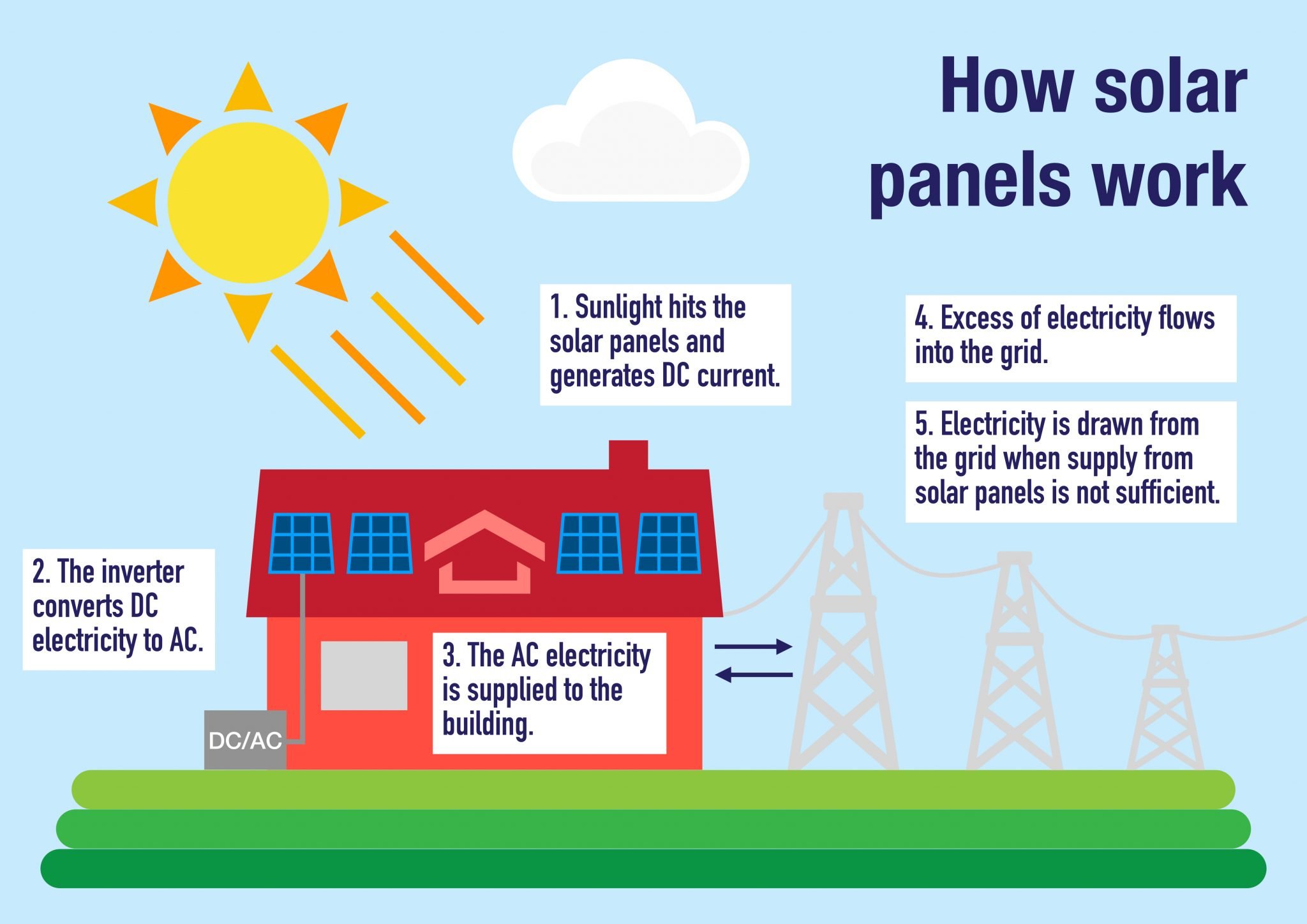
Residential Solar
Our goal is to empower every homeowner to have sustainable solar energy.
Minimize Your Utility Costs
-
Own Your Power
You’ll no longer be responsible for rising utility costs and an aging infrastructure. Reduce your utility bills by owning a clean, renewable source of energy production.
-
Raise Your Home Value
Solar is an asset, not a liability. Increase your home’s value by adding a solar system. Homes with solar sell faster and at a higher price, than those without.
-
Federal Tax Incentives
If you qualify, 30% of your solar system cost is covered by the Investment Tax Credit (ITC), through the Inflation Reduction Act. Take advantage of the government subsidizing your system.
-
Sell Your Energy
Your utility company will buy back the excess energy you produce, that your household doesn’t use. You’ll earn credit against your utility bill, to offset your energy consumption during times when your solar panels aren’t covering your usage, like at night. This process is called net metering.
-
Save Money
Homeowners will see a return on their investment long before the 35-40 year expected life span of the system. For cash buyers, the average ROI is 8 years. Clients who finance will also swap their utility expense with a monthly investment. Both options will save tens of thousands of dollars over the life of the system.
-
Sustainability
You can minimize your use of the utility company’s “dirty” energy by using a clean, renewable alternative. Every hour the sun produces enough energy to support every human for a year. By going solar, you can feel good about doing your part to minimize your carbon footprint.
How Solar works.
By installing solar panels on your roof, energy from the sunlight is captured by the photovoltaic (PV) cells of the solar panels.
An inverter, connected to the solar panel, converts the DC electrical current from the sun’s energy to AC power, for use in your home. The energy produced will vary throughout the day and with each season.
The energy not immediately consumed, must be stored in a battery or sent back to the utility grid, for future use. When the utility grid acts as your battery, it’s known as net metering.
You’ll receive credits from your utility company to use when you need to pull additional power from the grid, such as at night when the sun isn’t out.

